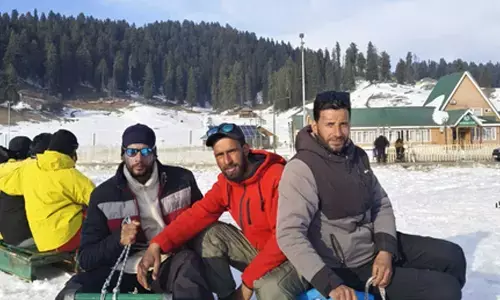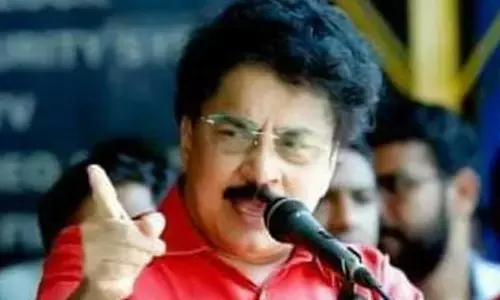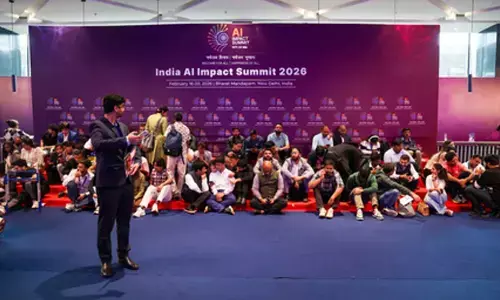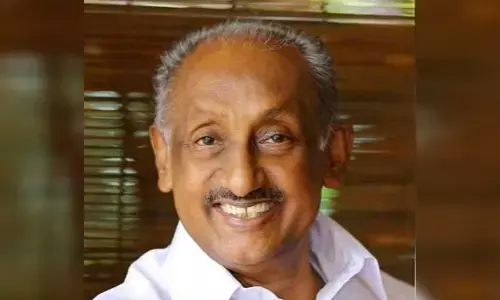World falls short of meeting most Sustainable Development Goals: Experts
Share :
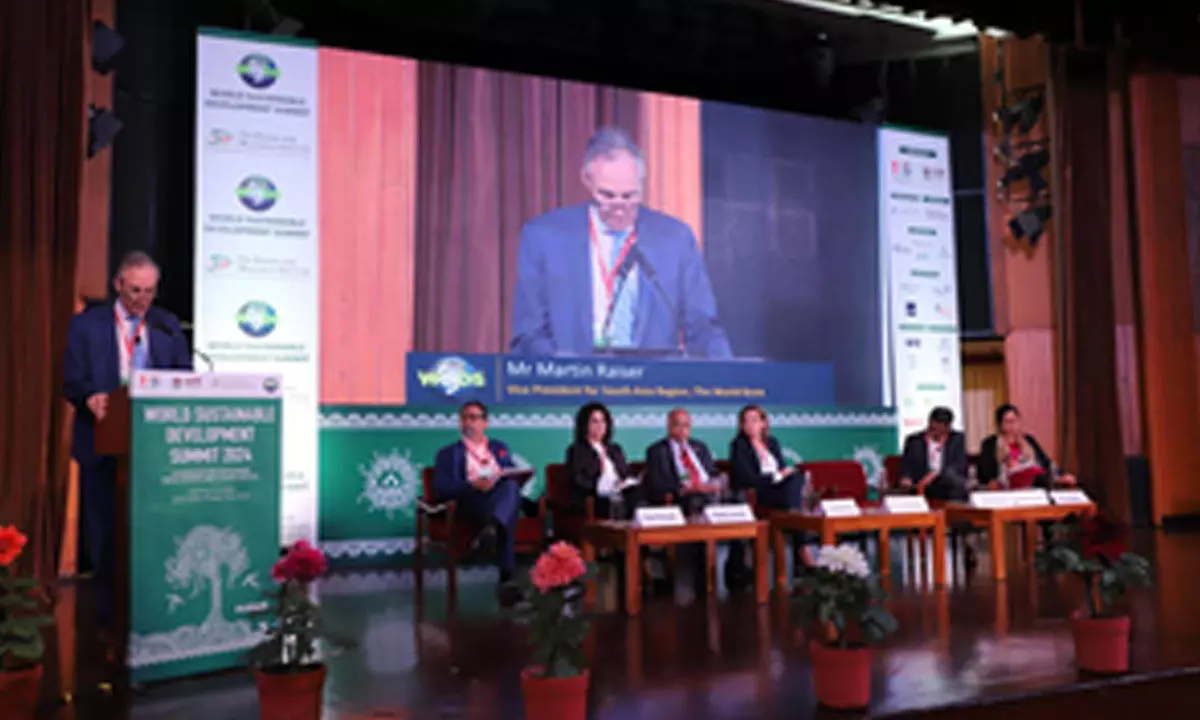
The world has crossed the midpoint timeframe for Sustainable Development Goals (SDGs) implementation, only to face a grim reality that it is falling short of meeting most of the SDGs by 2030.
New Delhi: The world has crossed the midpoint timeframe for Sustainable Development Goals (SDGs) implementation, only to face a grim reality that it is falling short of meeting most of the SDGs by 2030.
Recognising that SDGs are not isolated objectives but a cohesive and interconnected framework designed to tackle the multifaceted challenges confronting the planet, the 23rd edition of the World Sustainable Development Summit, organised by The Energy and Resources Institute (TERI), hosted a series of sessions on sustainable development, energy transitions and climate justice here on Wednesday.
In this backdrop, the proceedings started with a session focused on climate action, peace and spirituality.
During the session on ‘Integrating Sustainable Development for Collective Action', experts deliberated on the tools that can further vertical and horizontal integration of SDGs.
The panelists called for global solutions, collaborations and partnerships to advance SDGs and climate action at all levels, emphasising the need to translate policies into ground-level projects.
Ban Ki-moon, the 8th Secretary-General of the United Nations, and President of Global Green Growth Institute, appealed through a video message, “Science has made it clear that political will is urgently needed.
"I encourage major economic powers to show leadership. Industrialised countries have historical responsibilities in addressing climate change, thus they must equitably lead the charge in solving this deepening global crisis.
“Without robust global action and elevated global will, the climate crisis will only worsen. No one nation can combat climate change or accomplish green growth alone, no matter however rich and powerful it may be.”
COP29 President designate Mukhtar Babayev, Minister of Ecology and Natural Resources, Azerbaijan, reaffirmed his commitment to better global climate through a video message.
“Our focus is on a clear and actionable roadmap outlining steps to triple energy capacity and double energy efficiency. I am dedicated to securing strong commitment from nations and stakeholders translating ambitious targets into tangible realities,” he said.
Hoesung Lee, former chair, Intergovernmental Panel on Climate Change (IPCC), warned, “The global stocktake of last year laid bare the stark reality of our insufficient progress in limiting warming to 1.5-degree Celsius.
“While the prevalence of gaps in policy, ambition, implementation, finance, and technology is not new, what is truly surprising is the economic opportunity that lies in closing these gaps. Recent studies suggest that taking additional actions could yield a net economic benefit of up to 7 per cent of world GDP by 2015.”
Jennifer Morgan, State Secretary and Special Envoy for International Climate Action Federal Foreign Office of Germany, said, “To pave the way for a sustainable future, let us abandon the notion of a climate versus economic dynamic. Embrace the potential of climate-efficient and renewable-based energy systems, ushering in new industries, technologies, and ways of living.”
Prodipto Ghosh, distinguished fellow, TERI, emphasised, “The main point is realising that the SDGs must not be a peripheral activity for the collectives. They should be part of the main agenda.”
Complimenting India’s development record, Martin Raiser, Vice President for South Asia Region, The World Bank, during a session on ‘Financing Climate Action and Sustainable Development’, said, “India’s track record puts it on a much lower carbon emissions path than other major economies. Its climate vulnerability, deep domestic capital markets and its domestic innovation capacity may also position it as a leader in developing and funding smart climate adaptation.”
Raiser was optimistic that despite the challenges of decarbonising India’s industrial sector investment in green technologies could help the country achieve its energy goals.
--IANS
vg/arm

